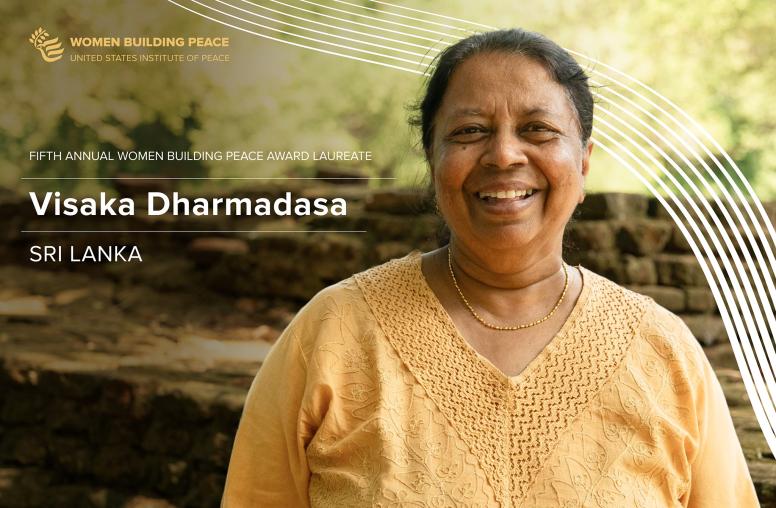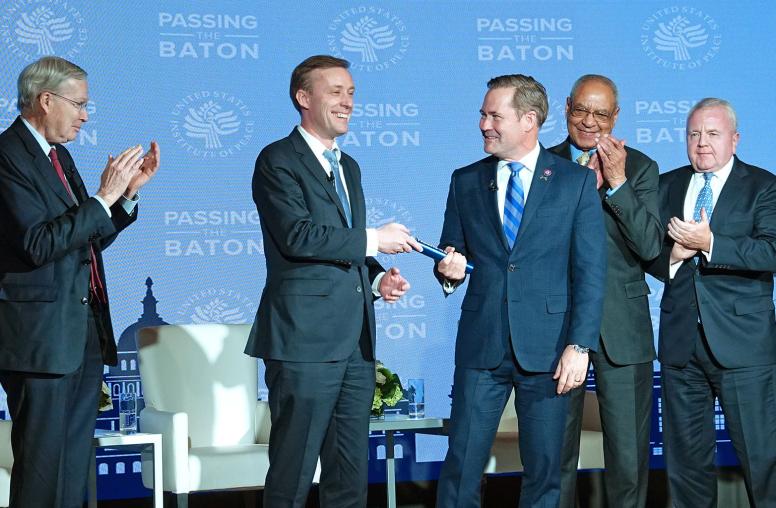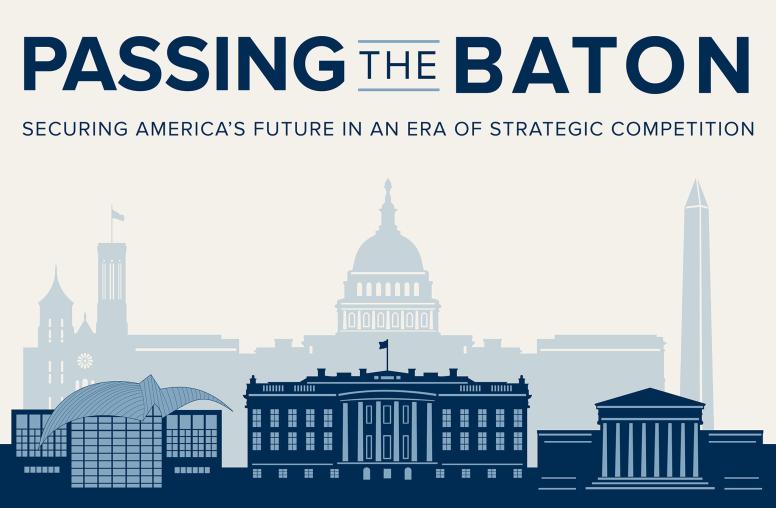Balkans Election Season: Intractable Problems, Persistent Nationalism
Newsbyte looks ahead to elections in Bosnia.
WASHINGTON--With elections having occurred or soon to occur this fall in Bosnia (October 5), Kosovo (October 26), Macedonia (September 15), Montenegro (October 6), and Serbia (September 29), the international community is watching the region to see if moderate, reform-minded politicians can withstand nationalist forces at the polls. The triumph of peace agreement supporters in Macedonia last weekend is encouraging, but in much of the rest of the region nationalists seem to hold the upper hand, despite the declining threat of violence and increased attention to economic issues. Will elections set back reform? Could violence and instability return to the Balkans?
On Friday, September 6, 2002, the U.S. Institute of Peace organized a Balkans Working Group session to discuss these issues. While the discussion was not for attribution, this Newsbyte summarizes salient arguments and dominant views:
Reformers Face Challenges
The fact that these elections are occurring under relatively free and fair conditions marks major progress from the past. The possibility of major violence is remote, but moderate politicians face an uphill battle to gain or remain in power. Infighting and unfulfilled expectations are fueling voter apathy and hostility to reform:
- More unified nationalists are winning support by offering protection for their own ethnic groups rather than looking forward to European integration.
- Younger, more moderate voters may stay away from the polls.
- Political infighting among reformers is leading to electoral decline and requiring alliances with nationalist parties to secure majorities.
- Weak reformist governments have been attempting complicated reforms, the benefits of which are not yet evident.
Bosnia
Economic issues have surpassed ethnic identification as the major concern in Bosnia and nationalists have long been in decline, but the Bosnian Croat community still dreams of its own entity and nationalists remain dominant in Republika Srpska. Fragmented reformist parties will have to include nationalist parties in governing coalitions.
Kosovo
Kosovo may enjoy some of the best-implemented elections in the region, but the municipal institutions those elections are supposed to empower are still weak. Many voters remain undecided, and abstention may increase. In order for Kosovo to be self-governing and for the international community to reduce its presence, more authority should be transferred to local institutions. Serb participation in the elections is necessary to correct the imbalances caused by their abstention from the last municipal elections, but conditions for Serb participation are still far from acceptable.
Macedonia
While the elections came off well, Macedonia faces enormous challenges in forming a new government coalition, meeting the requirements of the peace agreement, and responding to social and economic challenges. Failure on any of these fronts could create conditions for renewed violence.
Montenegro
Having handily survived his decision to keep Montenegro at least temporarily within a common governing structure with Serbia, President Djukanovic faces a split in pro-independence forces and growing personal criticism for alleged smuggling. A divide has emerged between the reform-minded political elite and the general population. The politicians focus on independence, while repairing the disastrous economic situation is of greater concern to voters.
Serbia
Serbia's undecided voters, approximately 25 precent of the population, are disheartened with politics. The reform coalition that removed Milosevic is fighting more within itself than against Serbia's problems. President Kostunica's appeal to national continuity and stability is more reassuring to many voters than the well-thought-out but complicated plans of the reformers, which have not produced major visible gains in the short time since their implementation.
What Should Be Done?
As the U.S. tries to reduce its engagement in the Balkans, reformers are seeing their numbers in the polls drop. Nationalists quietly applaud talk of exit strategies as they see an opportunity to slip back into power. In order to help secure the peace the international community can:
- Reemphasize engagement and transition rather than exit strategies.
- Improve the rule of law, breaking the nationalists' link to illegal sources of revenue and ending immunity for reformers.
- Strengthen self-governance, making elections a means of building up indigenous institutions with real power over policies that affect citizens' lives.
- Encourage responsible investigative journalism that is independent of political parties and seeks the truth about crime and corruption.



